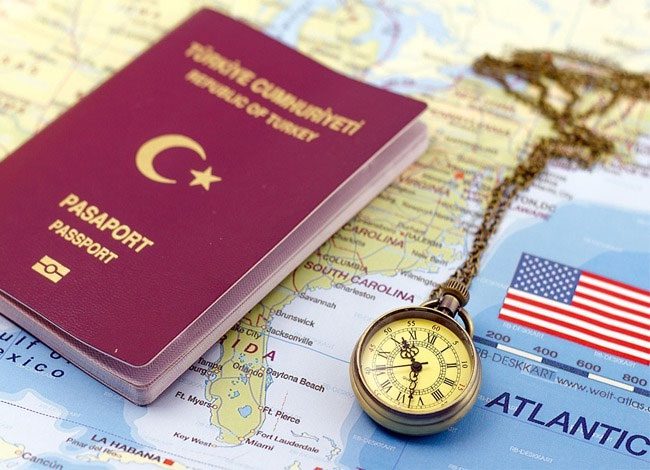The EU visa decision for Turks is under scrutiny—praised as progress yet criticized as lacking substance or legal enforcement to drive real change.

Brussels says progress. Ankara says not enough. The recent EU visa decision for Turks has reopened an old debate: whether Europe’s promises to Turkey are rooted in political sincerity or just symbolic diplomacy. After years of stagnation, the European Commission has introduced new Schengen visa facilitations for Turkish nationals. But critics warn these updates may offer style over substance.
The move, which includes simplified procedures and longer-term multi-entry visas for certain categories of travelers, has been met with mixed reactions. Supporters argue it’s a long-overdue step. Detractors, however, see it as a symbolic token, rather than a realignment of EU-Turkey relations.
What the Decision Includes
Under the new scheme, eligible Turkish citizens—such as businesspeople, academics, and frequent travelers—will benefit from streamlined visa applications and access to multi-year visas. These reforms aim to reduce bureaucratic friction for those who regularly cross EU borders.
However, the changes do not equate to full visa liberalization, a long-standing demand from Ankara and a commitment originally tied to the 2016 refugee deal between Turkey and the EU. That deal, which sought to stem the flow of migrants into Europe, included promises that remain largely unfulfilled.
Symbolic Shift or Substantial Reform?
At the core of the criticism is the lack of legal guarantees. The EU visa decision for Turks has no binding framework for enforcement and remains discretionary. Rights groups and Turkish officials have pointed out that consulates retain significant power to deny applications arbitrarily, undermining the consistency of the policy.
While EU officials have called the new process “a practical improvement,” experts argue it falls far short of a structural reform. There is no path toward visa-free travel for the general Turkish population, nor is there a mechanism to challenge rejections in a transparent legal setting.
Political Timing and Strategic Messaging
The timing of the announcement, on the heels of revived EU-Turkey talks and increasing migration pressures, suggests political calculus. Some analysts believe the EU is using the visa facilitation as a bargaining chip in broader negotiations on customs union modernization, energy cooperation, and regional security.
From Ankara’s perspective, the decision may be seen as a diplomatic nod rather than a commitment to partnership. President Erdoğan’s government has repeatedly accused Brussels of treating Turkey as a transactional partner, not an equal stakeholder.
Public Sentiment: Skepticism Over Celebration
For many Turkish citizens, the announcement has been met with cautious optimism—but mostly skepticism. The perception is that the EU continues to move the goalposts when it comes to real integration. Visa rejection rates for Turkish applicants remain among the highest in Europe, particularly for students, artists, and freelancers.
If the EU visa decision for Turks is to carry weight, it must be matched by greater transparency, reduced rejection rates, and the political will to treat Turkey as more than a buffer zone.
















Comments are closed.